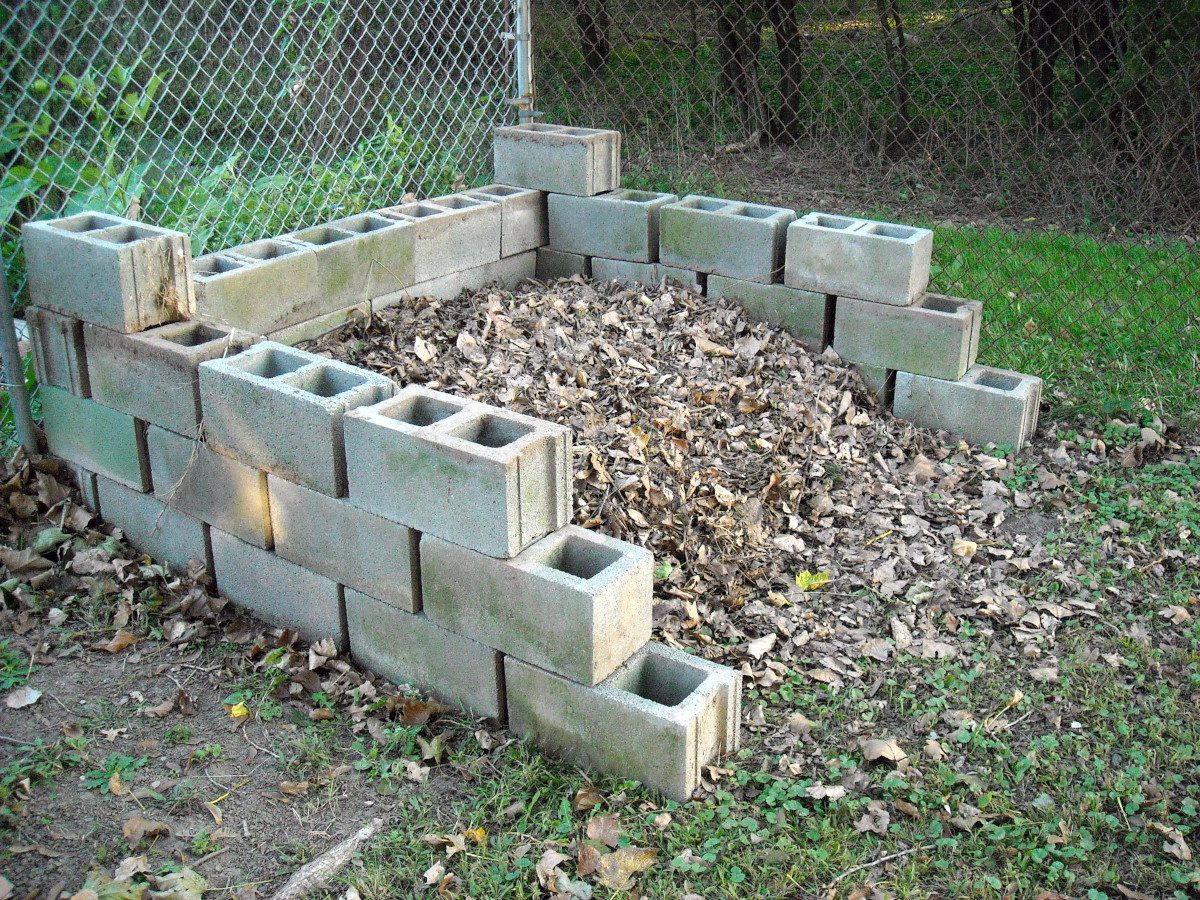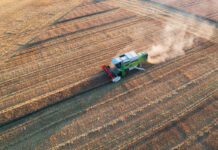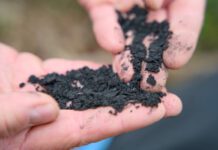
A few tips on the unlikely waste items that can help make nutrient rich compost for the garden, are offered by horticultural experts at GardeningExpress.co.uk.
Making your own compost can take up to a year and a good mix of carbon and nitrogen rich – or brown and green – materials are needed. Brown materials are rich in carbon and include cardboard, woody stems and paper. Green waste is packed with nitrogen and include garden waste like grass clippings.
Among the unusual items are cereal boxes, crushed eggs shells, seaweed and old cotton towels.
There are some items you should never add to the compost bin. These include diseased plants, weeds, raw meat, dairy products, cooked food, glossy or colour printed paper and ash from coal fires.
Here are some unlikely items you can add to the compost bin:
1. Teabags
Tea leaves are a great addition to any compost bin. Moist tea leaves increase the speed at which the compost pile decomposes. If you want to throw in a whole tea bag, check the bag is compostable. If it isn’t, cut it open and just use the tea leaves.
2. Cereal boxes
Flat cardboard, like cereal boxes, can be used in your compost pile, just remember to shred or break into small pieces before you put them in. Layer them with other carbon rich materials like straw, hay and dead leaves and nitrogen rich items like grass clipping, manure and fruit peels.
3. Crushed Egg Shells
These are packed with calcium and other important nutrients. Before placing them in the compost bin, dry the eggshells out and crush them completely. That way they won’t stick out and be identifiable when your compost is ready to use.
4. Seaweed
If you’re using fresh seaweed in your compost pile, mix it with woody or fibrous materials like pruning or paper, otherwise it could become slimy.
5. Hair & fur
Hair and pet fur can all be added to the compost bin and will add nitrogen. Avoid dropping it in as a clump, spreading it out evenly instead. This way it will break down easier.
6. Shredded newspaper
This will add carbon to your compost mix but do remember to shred them down and add equal quantities of green compost materials.
7. Banana peel
Banana peel will add calcium, magnesium, sulphur, phosphates, potassium and sodium to your compost mix. These are all important to the healthy growth of flowering and fruiting plants.
8. Coffee grounds
These are a great addition to any compost bin but remember to add the same amount of a carbon source like shredded paper or dried leaves and mix well.
9. Old cotton fabric
All fabric made from 100% cotton, linen, silk, bamboo, wool or any other naturally biodegradable material can be composted. They do take some time to decompose, so tear them up to give them a helping hand.







